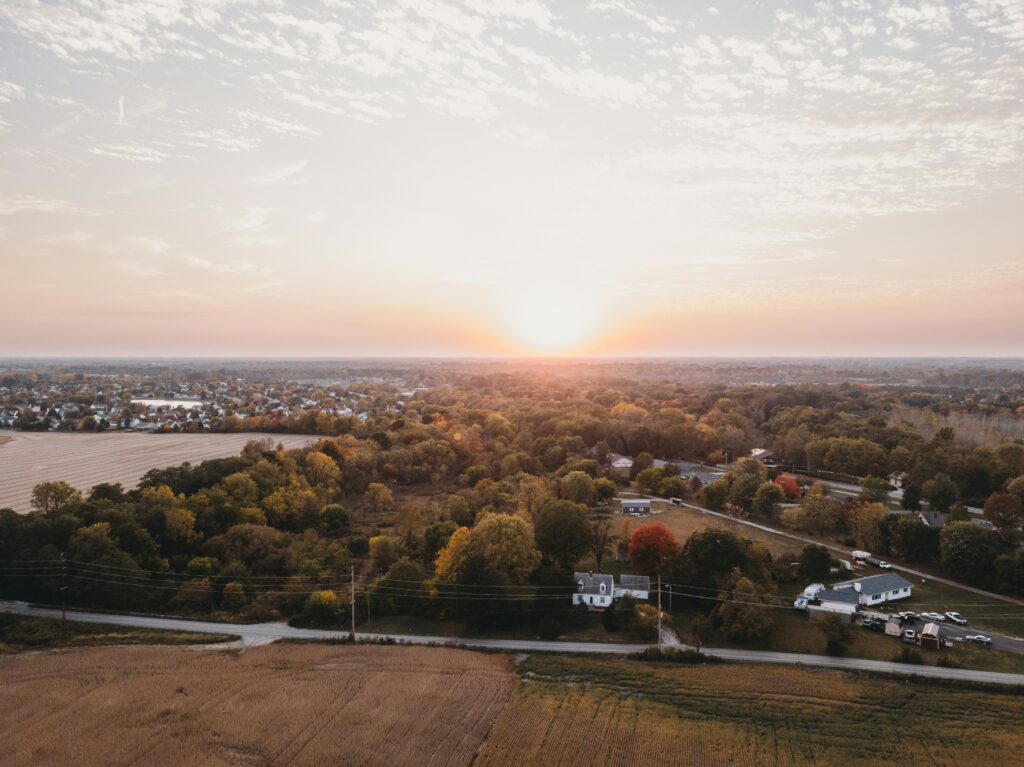
(This is the first of three articles in a series.)
To function well for its citizens, our society needs three major assets, according to Jonathan Haidt and other experts:
- Social capital
- Strong institutions
- Shared stories
About 75% of Americans are worried about the state of our democracy. Robert Putnam says our social capital is at a one-hundred-year low. At the same time, our social landscape is more diverse than ever, with more cultures, traditions, and identities.
I believe that nonprofits, mosques, temples, churches, and community groups (like Kiwanis and Rotary) can play a big role in rebuilding social capital. These groups already have meeting spaces, know how to host shared meals, and can manage difficult conversations. But to make a real impact, they need a new awareness and a few new skills.
The same changes that have weakened social capital have also affected these groups. Many nonprofits, faith communities and service clubs have become more isolated. They often involve people from similar backgrounds. This shift happened slowly over the past 60 years, so many leaders and members don’t even notice it. Their outlook, traditions, and even theology have moved toward individualism.
I saw this firsthand at a service club meeting. I spoke about “Let’s Go Together” and the “Potluck Project,” programs designed to bring diverse people together. At first, the members said, “That’s what we do!” But when I asked, “When was the last time you met with another group?” they realized they had been operating more like isolated individuals.
I have found this in nearly every group I have engaged with – churches, mosques, temples, and non-profits. They include group-to-group relationships as a value, but have either forgotten or diminished this value.
This service club understood the need. Like many Americans, they sense something is off. They feel we might be heading into dangerous territory. Jonathan Haidt wrote about this in the May 2022 issue of The Atlantic. He ended his article by recalling how Alexis de Tocqueville, in the 1830s, admired Americans for fixing local problems by forming voluntary groups, rather than waiting for those in power to act.
At Paths to Understanding, our approach is to rebuild social capital by activating churches, mosques, temples, nonprofits, and service clubs. We encourage these groups to see this work as part of their mission—without losing their main focus. In doing so, they might also find fresh energy for their primary purpose.
More next week.
Photo by Steven Van Elk on Unsplash
